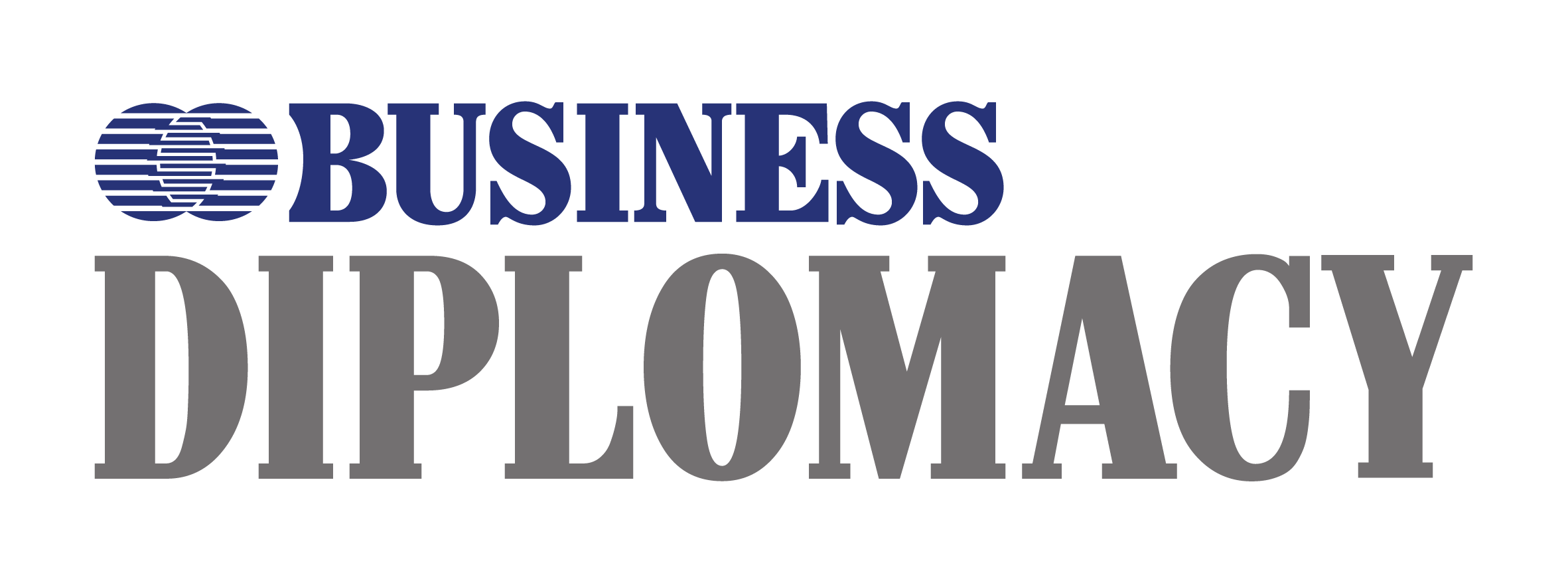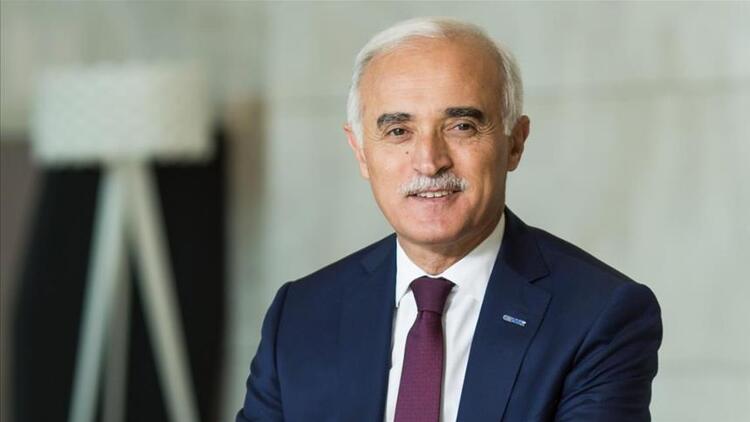Digitalisation in Education and The Future of Education
The earlier we adopt the concept of lifelong learning, the faster we will keep up with the information and skills in this changing world.
Education came to a halt in 185 countries due to the pandemic. After 1.6 billion students (90% of the student population in the world) were physically removed from schools, digitalisation in education came to the fore once again. Thus, education’s resistance to change and the communication and information technologies of the 21st century was deeply transformed for the first time. It is not difficult to say that this change will become much faster after COVID-19.
Education Turns into A Personal and Data-based Experience
We experience digital transformation in education. The learning process now becomes a personal and data-based experience independent of time and space. Digitalised education offers the opportunity to access information from its source, share it with the world, and to strengthen equal opportunities in education. According to conducted research, a well-designed digital education environment is much effective than a traditional environment. And the fact that students can access information whenever and wherever they want results in much faster progress. Thus, while making it possible to transfer information and increase the effectiveness in a short time, each individual undertakes their own learning responsibility.
Physical and Digital Education Complement Each Other
Education is not only a combination of information transfer and academic issues, but it is also a whole concept that strengthens socialization, communication, cooperation, critical thinking, and creativity. Face-to-face learning is important for each of us, especially for small children. The teacher and class interaction are very important to turn information into a skill, and the skill into an experience. So, we should see physical and digital education as complementing processes.
We Are Taking Steps Towards Interdisciplinary Careers
In this rapidly changing world, we are now getting prepared for an unknown future, and we see how the value of diplomas has started to decrease. With big data, educational gains can be addressed in a digital environment in a holistic way. In other words, each individual’s information, skills, and competences can be monitored without the need for exams. For example, 65-85% of the professions of children who just started primary school haven’t been discovered yet. Besides, artificial intelligence and automation take people’s jobs from them but also create new opportunities every day. We can say that today’s children will have interdisciplinary careers and more than one job.
Societies that can keep up with digital transformation will have great opportunities to stand out in the future’s world. We must learn to reach quality information from the right source in the shortest way. Thus, we can reach not only the existing information but the future information as well. The earlier we adopt the concept of lifelong learning, the faster we will keep up with the information and skills in this changing world. Therefore, we can have the chance to be the leaders that manage this transformation.
Director at Khan Academy Turkey Alp Köksal



